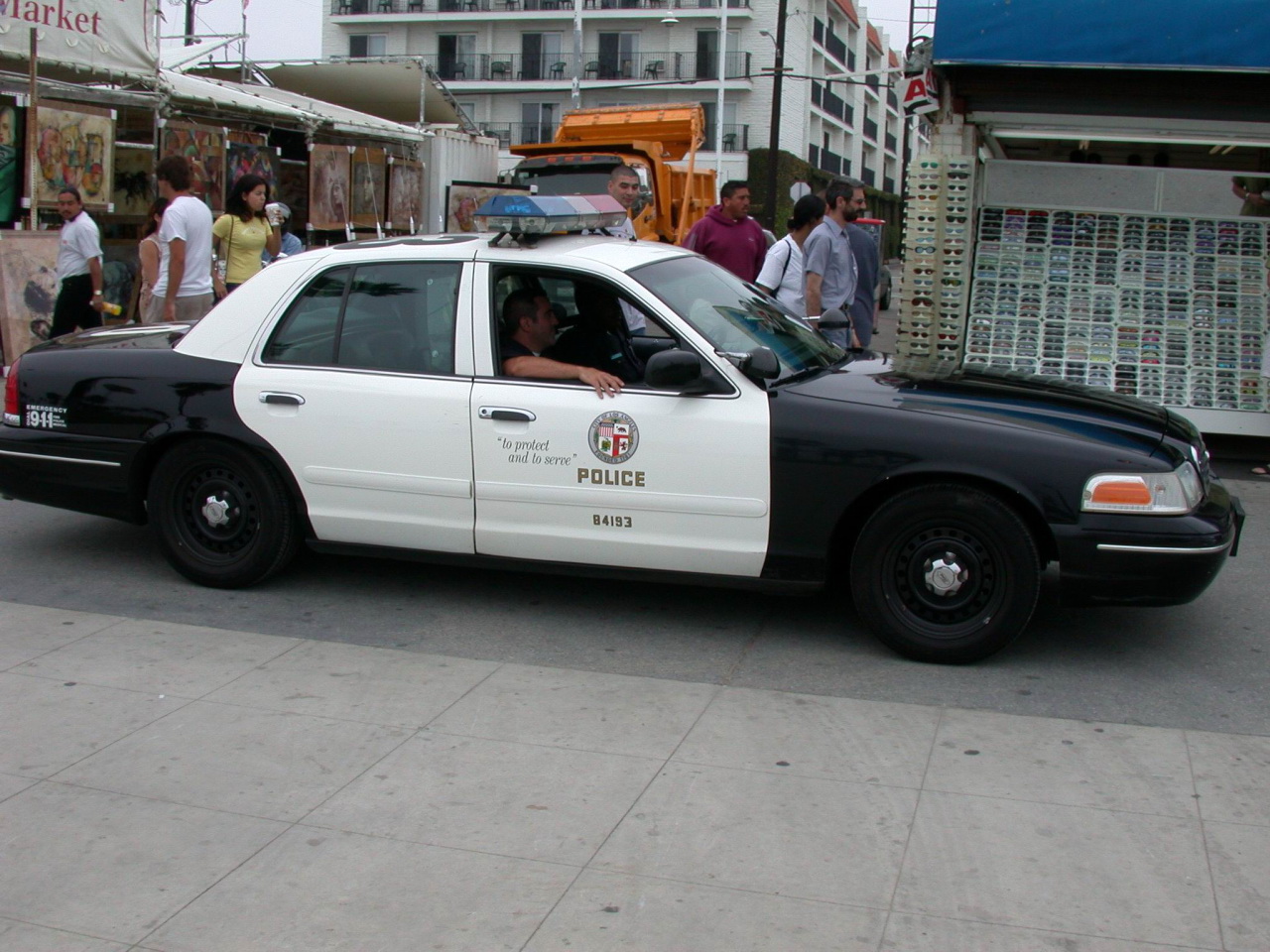Women, Police Violence, and LA
When I first found out about Kim Nguyen’s ongoing negligence lawsuit and sexual assault allegations against LAPD, I was shocked. She is a UCLA graduate: a part of our bruin community. She is so close to home, and I had never heard of her allegations. As we have conversations on the need to end police violence, it is imperative that we remember the stories of women like Nguyen.
The LA Times reported that on March 17, 2013, Kim Nguyen was arrested for public intoxication in the Koreatown area of Los Angeles. At the time, she had two male friends with her who had also been drinking, but neither of them were taken into custody.
During the drive to the station, Nguyen fell out of the cop car. Handcuffed, she was unable to break her fall and landed onto her face. Her injuries were brutal; she broke her jaw, lost many teeth, and sustained brain bleeding. She was in an induced coma for six days and required several surgeries.
Why Nguyen fell from the cop car remains unanswered. The officers claimed that she was ejected when they were pulling out from a stop. Video footage shows that the car, in fact, did not stop but accelerated through an intersection before Nguyen’s body fell to the street. I find Nguyen’s fall out of what one would hope to be a secure police car disturbing, and the discrepancy between the police’s story and the actual footage is alarming.
Nguyen has now alleged that an officer was in the back of the patrol car with her, sexually assaulting her by groping her body and trying to open her legs. “I told him to stop. I said, ‘What are you doing? You’re a police officer,’” she states. She says that she is experiencing emotional trauma due to this alleged violation of her bodily autonomy and trust.
The prospect of police officers using their position of power to victimize women is deeply disturbing yet not uncommon. Although statistics on the actual prevalence of police sexual violence are hard to come by, it is the second most commonly reported misconduct claim filed against police. Using what statistics are available, it seems that officers commit sexual assault at a higher rate than the general public.
We don’t hear about police brutality against women very often in our media. For that reason, it can easily be overlooked. While much-needed public outrage and criticism has fallen upon the systematic violence against Black men by our police in Ferguson and across the country, we cannot stop there.
Black women and women of color deserve safety too.
After examining the high rates of assault by police, it is apparent that police brutality against women often has a sexual nature. This version of violence preys on women’s objectification and disempowerment because of their gender.
When we leave sexual violence out of the debate, we leave women susceptible to ongoing abuses. In doing so, we act as if their lives and pain do not matter.
Women of color are made especially vulnerable to sexual violence at the hands of policemen due to compounding racial and sexual oppression. Furthermore, some Asian women in Koreatown may be undocumented, and thus unable to go to authorities after suffering through assault. Even when women are able to report their abuse, they are often not believed.
Sexual assault is violence. When allegations of it surface in our communities, we need to support the person who is brave enough to come forward. How we respond to charges creates the atmosphere in which future assaults are either normalized or discouraged.
We need to continue to have conversations about police sexual violence, especially against women of color, in order to end it.





